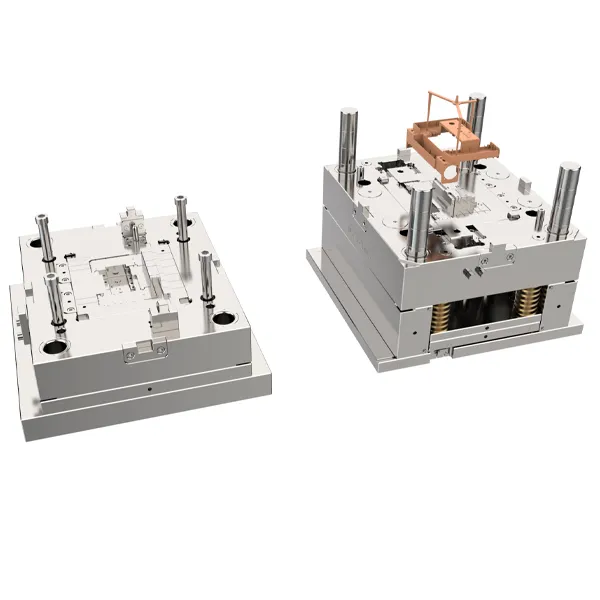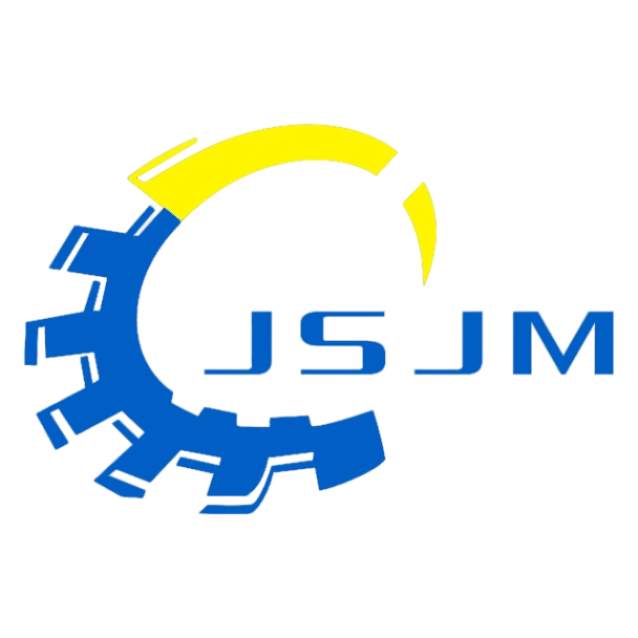Innovations In Plastic Injection Molder Technology
For a long time now, plastic injection molding has been one of the classic manufacturing processes that allows producing a variety of plastic parts of applicable shapes and sizes. Advancements in the technologies used for the injection molder plastic are making the process more cost-effective, environmentally friendly, and flexible. This article outlines a few important changes which are expected to revolutionize the industry of plastic injection molding.

Control systems
Control systems are one such remarkable advancement in the technology used in plastic injection molder that deserves mention. They are typically software-based systems that supervise and control the injection molding automation. With systems that measure such parameters as temperature and pressure, and cycle times, for instance, machine builders are able to improve their processes such that high accuracy is attained consistently. Improved accurate product quality leads to less waste and inappropriate downtime, which leads to lower costs.
Improved Materials
The most effective change has to do with the materials adopted in the process of injection molding. There are new sorts of plastics such as the bio-based and the recycled types which are gaining traction. These materials and even other new ones besides have the same benefits of ordinary plastics but are much better environmentally. This means that as businesses are taking up these new materials, they are able to still deliver high-quality products while observing the laid standards and the consumer’s needs for green alternatives.
Automation and Robotics
The typical processes required to accomplish plastic injection molding have been revolutionized with the use of automation and robotics. Nowadays more tasks related to injection molding, such as handling, part removal, and quality control, can be done automatically with the help of robots. This not only cuts the amount of labor needed but also limits the chances of human injury occurring. In addition, robots our working overnight which increases the output and adds flexibility to the production process.
3D Printing and Rapid Prototyping
3D printing technology has also made an impact on plastic injection molding as well. As opposed to injection molding which is most applied in mass production, 3d offers rapid manufacture of prototypes and intricate designs that may be impossible or too costly to make in conventional ways. For instance, manufacturers can practice the make-and-break process, in which prototypes are made using 3D printing, tested, and modified, and then the refined design is mass-produced using injection molding processes. This merging of technologies helps to accelerate the product creation cycle.
To sum up, advances in the technology of plastic injection molder enable new manufacturing technologies that are more efficient, environmentally friendly, and have a wider range of applications. All of these developments include better control methods and new materials to automation and 3D printing, changing the industry as we know it. If you are in need of the most innovative and reliable solutions in plastic injection molding technology, as well as the connected fields of plastic molding, contact JSJM Technology. Welcome the great potential of the modern technological world that will help you to achieve significant success!

